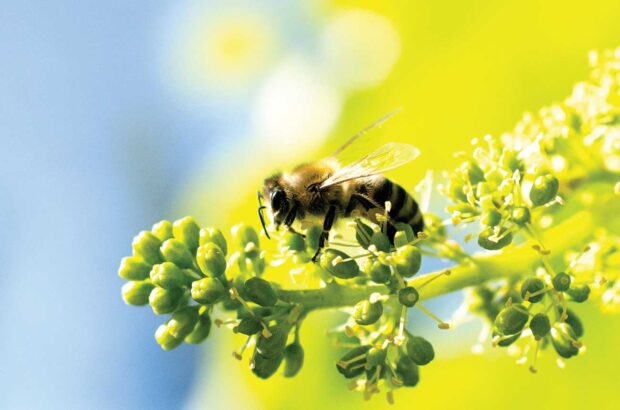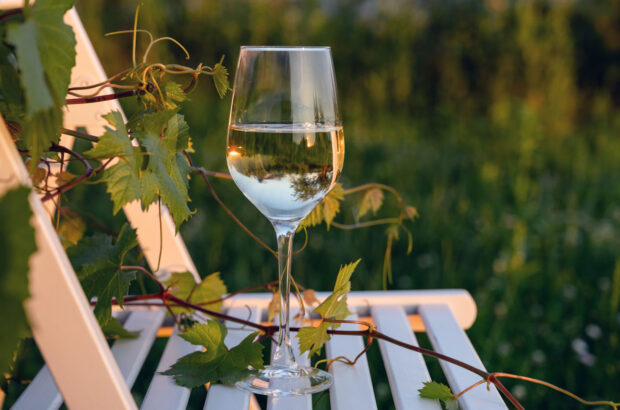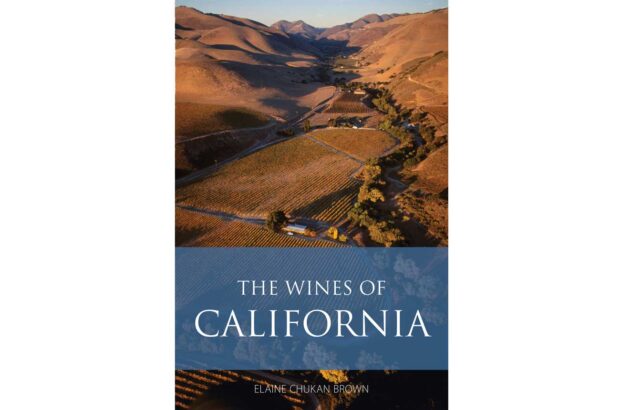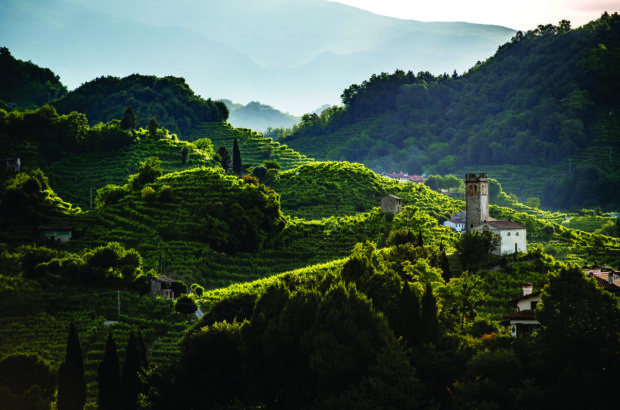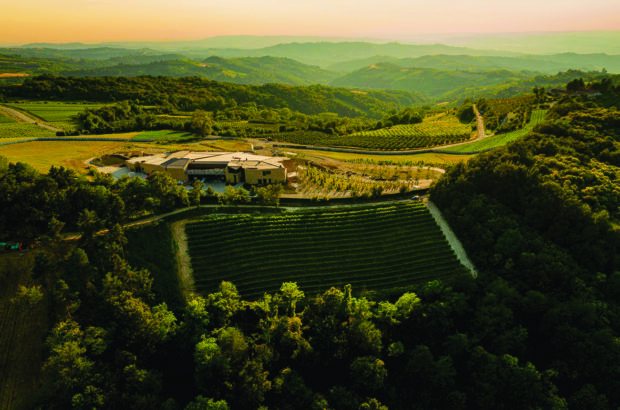Biodynamic wine production is similar to organics in that it promotes the use of manures and composts and avoids synthetic chemical pesticides, fungicides and fertilisers in the vineyard and cellar. The main practices of biodynamics state the importance of keeping in tune with the fundamental forces of nature to create a self-sufficient ecological environment, with ethical and spiritual considerations. Biodynamic wines are produced in accordance with biodynamic principles – originating with the work and theories of Austrian-born philosopher Rudolf Steiner in the early 20th century – that emphasise holistic agricultural methods and minimal intervention post-harvest. Some biodynamic winemakers claim to have achieved improvements in the health and biodiversity of their vineyards, soil fertility, crop nutrition, and pest and disease management.
Biodynamics in viticulture has grown in popularity in recent years, with more than 450 biodynamic wine producers worldwide. For a wine to be labelled biodynamic, it must be made using nine specific preparations and meet internationally recognised standards laid down by the Demeter Association. Most biodynamic wines are Demeter-certified but, as the organisation also certifies an array of vegetables, fruit, dairy and meat products, many biodynamic vineyards in France also seek certification by Biodyvin.
Both Biodyvin and Demeter have rules on growing and vinification that can be stricter than organic alone – for example, less use of copper sulphate per hectare, and the use of natural yeasts for fermentation. With biodynamics, the homeopathic preparations used on the compost and on the vines are key, and the vineyard must be as self-sustaining as possible, with minimal external inputs. The influence of the planets on the growing season and on vineyard and winery operations is also taken into account.
Some wineries that use biodynamic methods in all or part of the vineyards aren’t certified at all. This is a personal choice. There are also those who are using, or trialling, biodynamic methods, who just use EU organic certification. But only a very small proportion of certified organic producers can be considered fully biodynamic.
Are biodynamic wines better than organic wines? This comes down to personal taste. Many proponents of biodynamics will say that the wines show clearer/brighter fruit and stronger terroir character. The vines may be healthier, but as for the final bottled wine, it will still come down to the skill of the winemaker and vinification methods used.
Biodynamics in the glass – 10 wines to taste
10 wines from iconic biodynamic-certified producers, tasted and scored by the Decanter team.
Wines grouped by style and ordered by score, in descending order.




